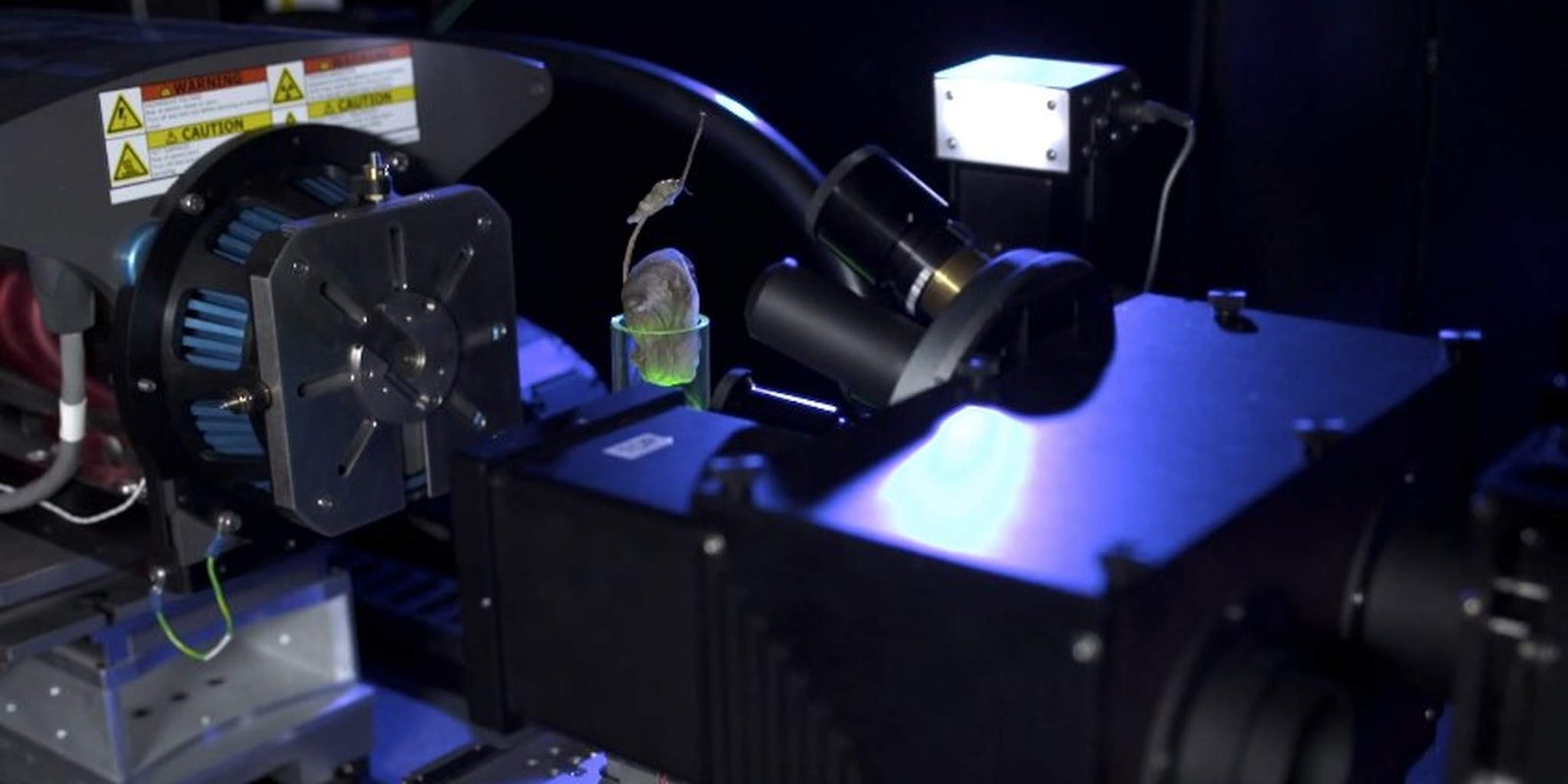“America’s attic,” as the The Smithsonian Institution is known, has begun an ambitious project to 3-D scan its enormous collection of 137 million items.
This could take a while.
Last year, as Inhabitat notes, the Smithsonian scanned and 3-D printed one of the most famous American statues, the Monticello bust of the country’s third president, Thomas Jefferson.
The utility of scanning items in such a way that they can be printed out by anyone with the software scan instructions (and a 3-D scanner) is that many more people can access objects that are otherwise singular. It also provides a set of backups for the museum.
Institutional 3-D printing is an extension of the democratization of information made possible by the rise of the Web and easy digitization.
For those unfamiliar with the process, the first step is to digitally scan an object in the round. The digitization provides a blueprint for the 3-D printer, which builds up an object using a plastic tank that precisely extrudes plastic from a set of nozzles from the bottom up. The finished object is cured and surfaced with dye or paint and textured.
This has previously been done with Rodin’s thinker, after it was damaged by a nut with a hatchet, and to Egyptian Pharaoh Tutankhamun, in order to to tour his mummy.
The Smithsonian’s scan specialists, Vince Rossi and Adam Metallo, are currently leading a team working on the gunboat Philadelphia, built in 1776 and sunk the same year by the British.
This project will also allow people around the nation, and world, to do research they would normally not be able to, virtually walking around, into and through, a once-living object that carries in it the beginning of the United States Navy.
Other scanning targets include fossils and artifacts.
It may be some time before you can print your own personal copies of historical artifacts, though. “Unfortunately, we have no plans to make 3D scans of our collection freely available for the public to print,” a Smithsonian rep told BoingBoing in 2012.
“Our 3-D team mentioned that we COULD go there theoretically, but as of right now it is not part of our plan.”
H/T Inhabitat | Photo by Smithsonian


